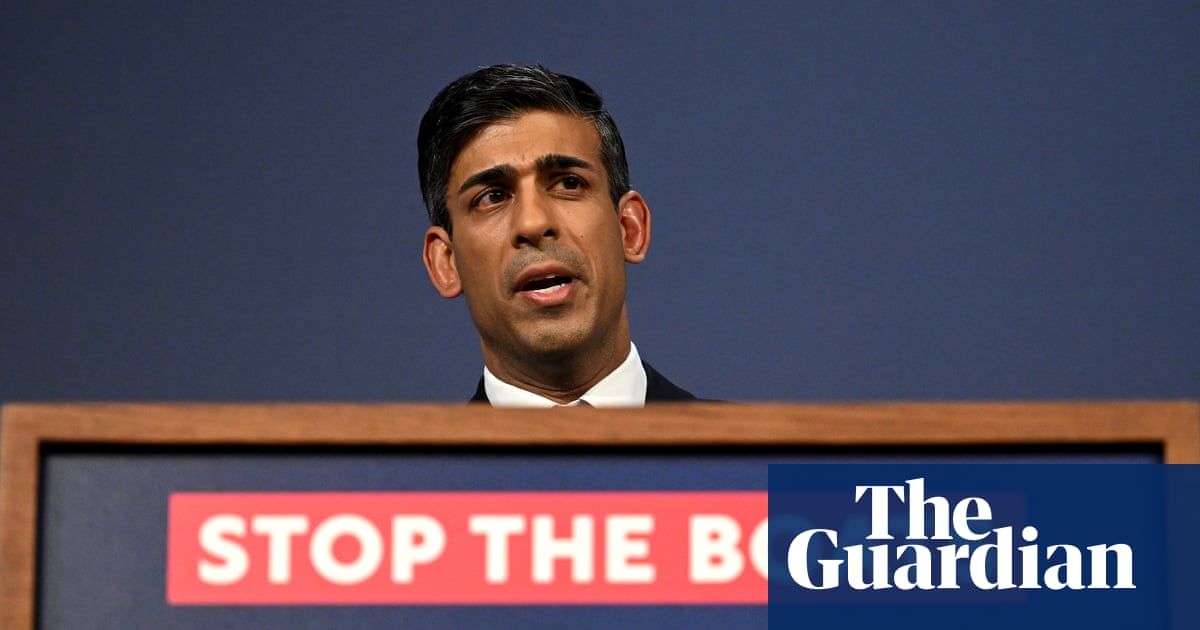
More than 20 Labour MPs were understood to have rebelled against the party leadership on Monday night at the second reading of a bill confirming MI5’s right to let informants commit crimes.
Keir Starmer wanted his party to abstain on the security bill but the Socialist Campaign Group led by the party’s former leader Jeremy Corbyn defied the whip and voted against it – the second rebellion in less than a fortnight.
In the previous rebellion, on an armed forces bill that raised similar issues, 18 MPs including Corbyn, Diane Abbott and John McDonnell voted against. Three frontbenchers were fired as a result.
On Monday the bill passed at second reading by 182 to 20. While the exact number of rebels was to be confirmed, Labour sources said the figure was 21 – taking into account the tellers for those voting against.
Socialist Campaign Group sources had earlier said the number defying Starmer this time would be “in the low 20s” – about 10% of the parliamentary party – if Labour continued to insist that its MPs abstained at the time of the vote.
Jon Trickett, an MP close to Corbyn, said he would vote against the bill, which he said “seeks to give legal cover to illegal undercover actions”.
Others said there should be clear rules governing what informants can do. Apsana Begum, a newly elected Labour MP, said: “Covert operations must have thorough oversight and clear parameters of limitation. The limits in this bill are vague.”
Frontbenchers said Labour, while abstaining, would make clear that it intended to put down amendments and seek further explanations and assurances as the bill completes its passage through the Commons.
MI5 has long had a policy of allowing its officers and informants to participate in criminal activity if the offences involved are proportionate to the evidence gained, but at the end of last year a court ruled only narrowly that this was legal.
As a result, ministers want to put the policy on the statute books for the first time, but human rights groups say there is too much ambiguity in the bill because it does not explicitly rule out serious crimes such as murder, torture or sexual violence.
The government says the covert human intelligence sources bill does not amount to a “licence to kill” because it will be compliant with the European convention on human rights, which safeguards the right to life and prohibits torture.
Opening the debate, James Brokenshire, the security minister, said: “I know there are concerns about somehow providing a licence to kill or to commit torture. Let me be clear, there are upper limits to the activity that could be authorised under this bill and these are contained in the Human Rights Act.”
Critics of the government point to the 1989 murder of Pat Finucane, a Belfast lawyer who was shot 14 times by loyalists at his family home in front of his wife and children, in an attack found to have involved British state collusion. It eventually led to an apology in 2012 from the then prime minister, David Cameron.
MI5 says it has foiled 27 Islamist and rightwing terror attacks since 2017 in conjunction with the police, and some of the operations have required the help of confidential informants who have broken the law.
Naa’imur Zakariyah Rahman was jailed for life in 2018 for plotting to kill Theresa May, Cameron’s successor as prime minister. Rahman was caught after an undercover operation in which he was provided with what he thought was a jacket and rucksack packed with explosives.
In last month’s Labour rebellion, three junior frontbenchers – Nadia Whittome, Beth Winter and Olivia Blake – lost their posts after voting against the overseas operations bill. That legislation aims to introduce a presumption against prosecution for British soldiers serving abroad.
The proposed presumption against prosecution applies to offences such as war crimes and torture, and critics say it breaches international humanitarian law. The government says it is designed to end vexatious litigation against the armed forces.












